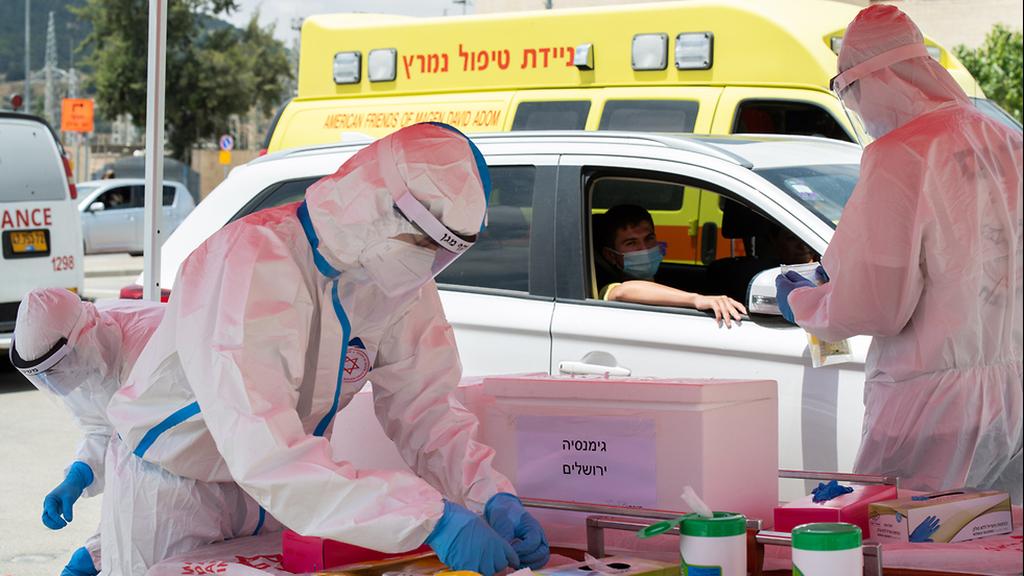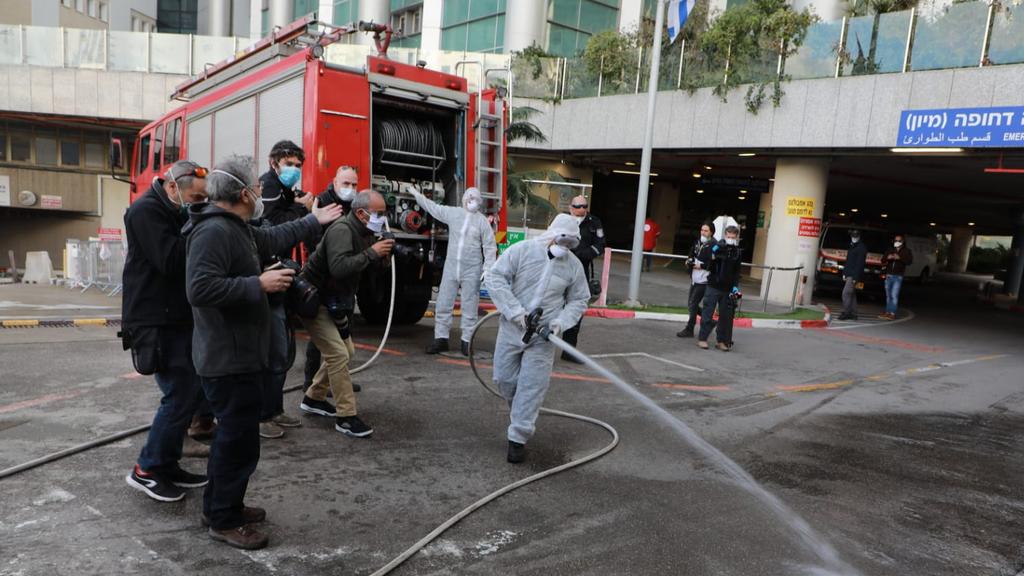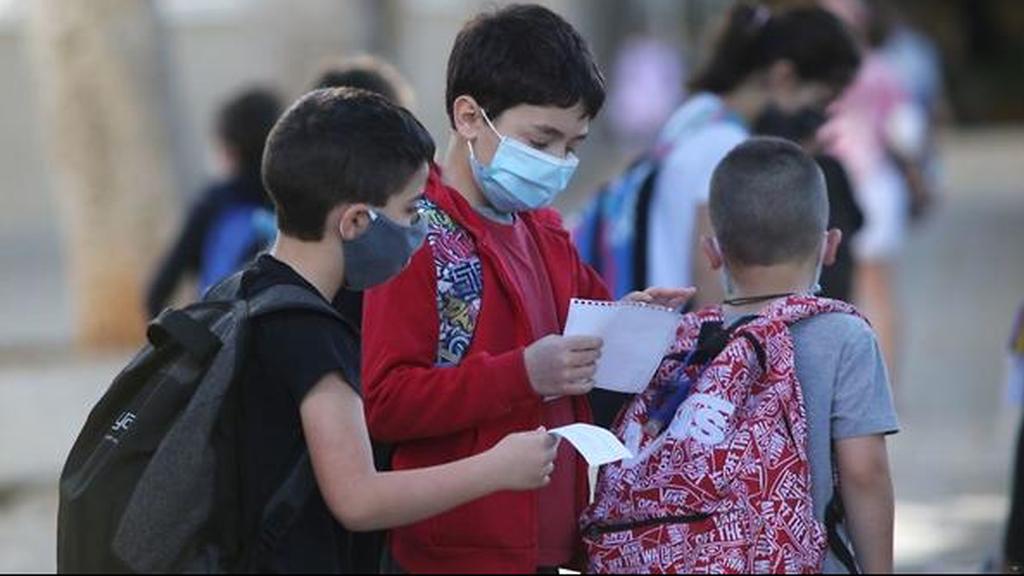Getting your Trinity Audio player ready...
Complete quarantine is the ultimate winning move against the coronavirus. Perhaps we should all hunker down and isolate ourselves in our homes, enduring total closure, until the last patient is cured or until a vaccine is found.
No more infections, no more critically ill patients, no more ventilators, no more curve. Israelis across the land could celebrate with great joy as we learn we have bested other countries in beating the pandemic.
While full-blown quarantine would also prevent other fatalities, such as road deaths, people would still die from other causes, like suicide, violent attack, heart disease and hunger - or the late detection of illnesses that garner far less publicity than coronavirus.
Full quarantine would also save the country’s healthcare system a lot of money, because fewer patients would go to the hospital.
Emergency rooms would be deserted; there would be no surgery, fewer cancer diagnoses and expensive treatment and far fewer costly medical teams.
We could even cut on-call hours for interns and everybody else (well, except gynecologists, because you can’t really stop people from having babies).
4 View gallery


A pop-up coronavirus testing site in Jerusalem, set up after a new virus outbreak in the city
(Photo: Shalev Shalom)
But apparently, the current health-economic-social experiment being played out is far more complex than that. For one, there is a mental price to pay for such a step, especially for the elderly population who were shoved indoors weeks ago.
But the moment of freedom did come and lo and behold, there are new cases of the coronavirus - as expected.
It was all too predictable. It is the same wave, the same virus. It didn't magically go away, it still lives in our midst.
We may not have a vaccine yet, but we are now better prepared than ever, with accumulated knowledge, professionalism and cohesive protocol (and yes, sufferers of other ailments who had been largely ignored are already back in the hospitals and receiving proper treatment).
We as a public have a shared responsibility to prevent a wild uptick in cases by following the guidelines without hysteria, without anxiety and without stress-inducing press conferences.
The almost obsessive daily count of coronavirus patients disrupts decision-makers' judgment and willingness to take risks.
Those on power, ordinary citizens and the media should alleviate mental stress we all feel and cease the incessant number counting and instead focus on positive steps such as education, testing and enforcement.
Every life lost to coronavirus is the loss of an entire world to someone. But alongside the pain we must adopt a more realistic and less emotional approach, because public health belongs to everyone.
Prof. Idit Matot is the director of the Anesthesia, Pain and Intensive Care Division at Ichilov Hospital in Tel Aviv




